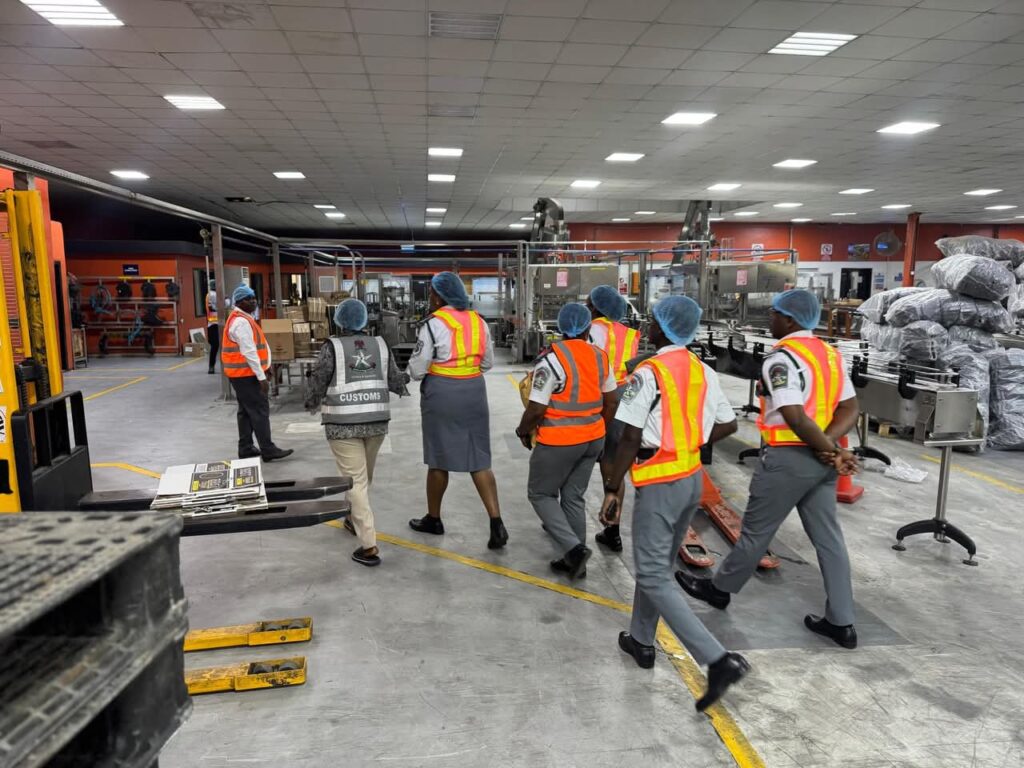The Nigeria Customs Service (NCS) has officially commenced live operations of its Automated Excise Register System (ERS), marking a significant milestone in the Service’s modernization and trade facilitation agenda.
The digital system, which replaces manual excise administration processes, has gone live at three pilot factories: British American Tobacco Nigeria (BATN) Plc in Oyo State, International Tobacco Company (ITC) Limited in Kwara State, and Leaf Tobacco & Commodities Nigeria Ltd in Kaduna State.
Successful Pilot Phase
According to the NCS, the system activation follows months of rigorous field activities, including User Acceptance Testing (UAT), system validation, and intensive training for both Customs officers and excise factory staff.
The pilot phase, conducted between July and August 2025, yielded positive results. At BATN, the system recorded a 75% efficiency score during UAT, while the integration of production and reporting systems across all three factories proved successful. The phase also strengthened collaboration between the Service and excise industry operators.
Key Features of the ERS
With the commencement of live operations, all excise-related transactions in the pilot factories—including production recording, excise duty computation, and statutory reporting—will now be managed exclusively through the ERS.
The NCS explained that the system is designed to:
Reduce reliance on manual documentation.
Eliminate inconsistencies in data reporting.
Enhance transparency and accountability across the excise value chain.
The transition is expected to improve efficiency in excise administration while boosting government revenue through more accurate compliance monitoring.
Nationwide Rollout Plans
Insights from the pilot phase will form the foundation for a nationwide rollout of the system. Beyond tobacco, the ERS will gradually be extended to other excise-regulated industries, including beverages, spirits, and wider segments of the manufacturing sector.
NCS described the ERS as a central pillar of its broader Trade Modernisation Project, aimed at building a technology-driven, transparent, and sustainable excise regime.
Call for Stakeholder Support
The Service urged industry operators and stakeholders to embrace the reform and provide feedback as the system expands nationwide.
“This transition is a crucial step toward building a more accountable and transparent excise administration framework,” said Abdullahi Maiwada, PhD, National Public Relations Officer of the NCS.
“We seek stakeholders’ support in strengthening compliance, enhancing efficiency, and





